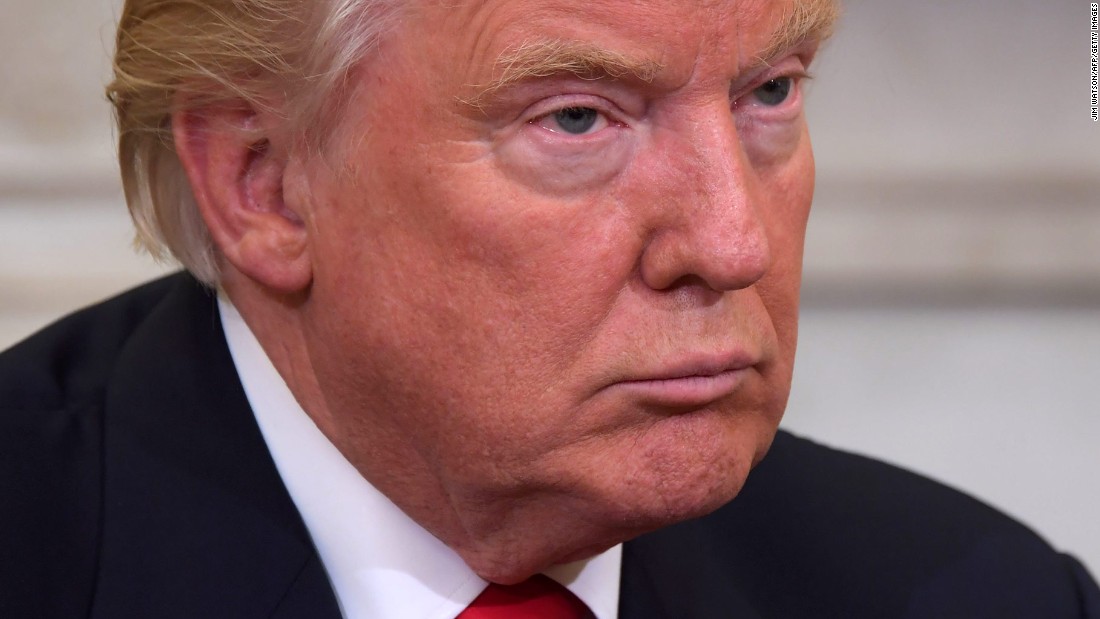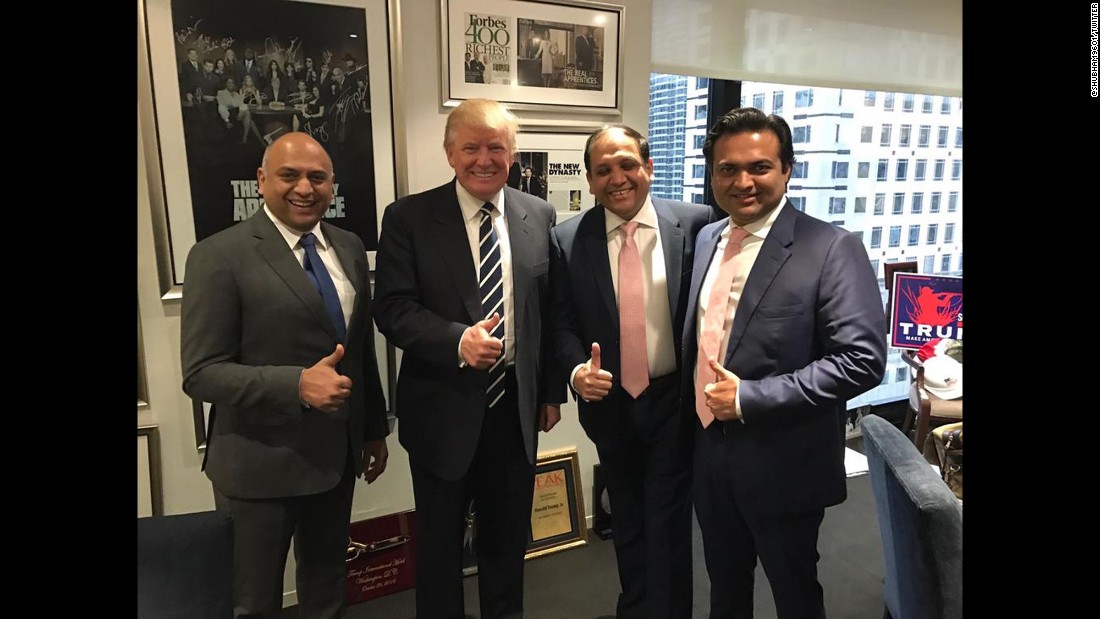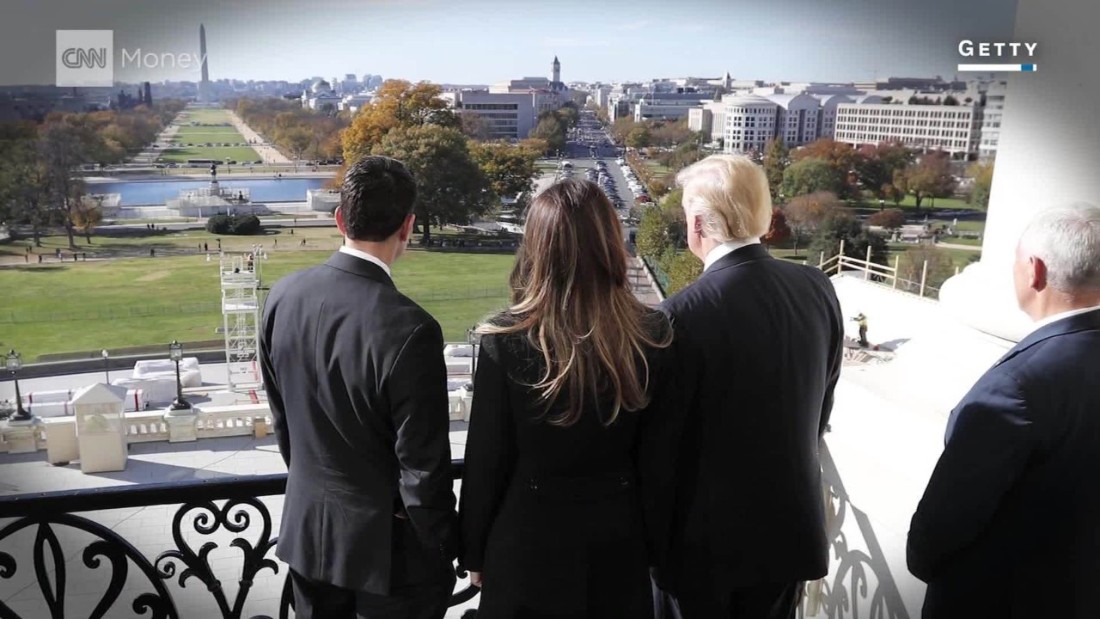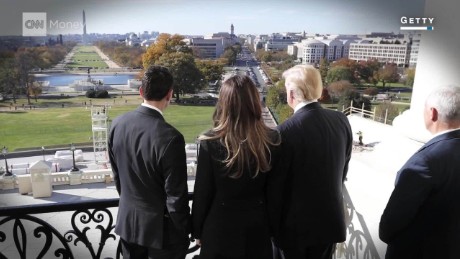Trump’s fundamental conflict of interest
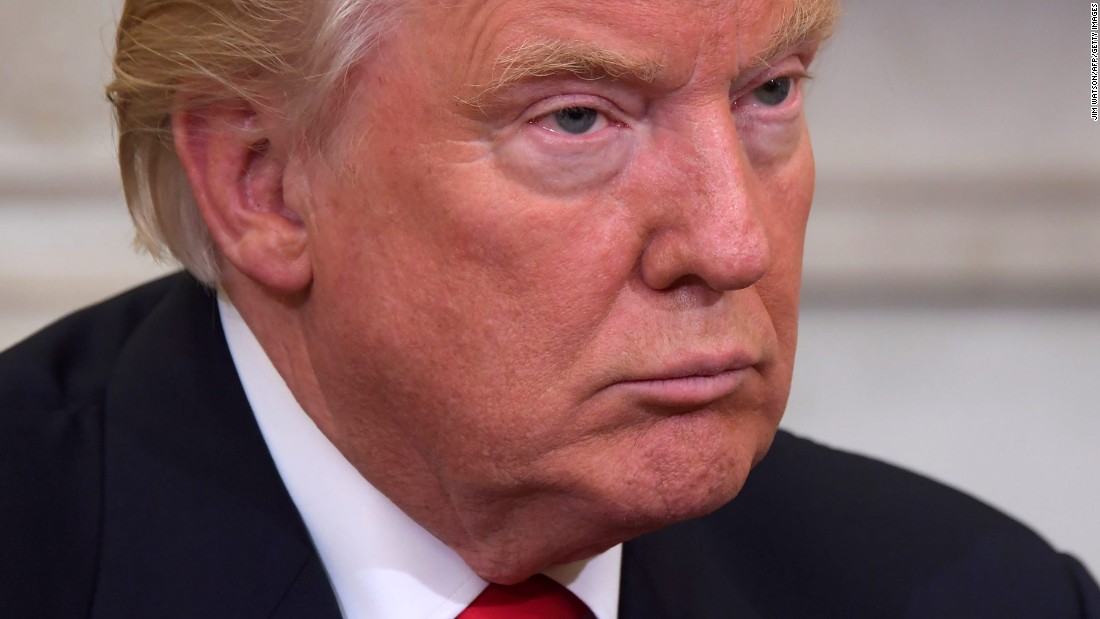
(CNN)This coming week, President-elect Donald Trump is scheduled to explain to the nation how he plans to handle his sprawling business empire of hotels, resorts and other businesses while he serves as president of the United States.
After refusing to release his tax returns during the campaign and initially insisting that he had every right to keep his businesses — with the plan being to let his children control the empire — he seemed to reverse course in late November when he tweeted that he will leave his “great business in total” and reveal the details on December 15. His transition spokesman, Jason Miller, also told reporters this week that he had sold his stocks in June, although he didn’t provide any proof.
Then, in Trumpian fashion, the news turned again. The New York Times reported that Trump was planning to keep a stake in the business. As he originally indicated, it appears that his sons, with whom he is in close contact, will be in charge of handling the operations. Apparently Donald Trump is even going to stay on as an executive producer of NBC’s “Celebrity Apprentice” while he is president.
As a result, at this point there is no real evidence that he or his family are planning to build a true firewall between the President-elect and his economic interests.
The president is largely exempt from conflict of interest laws, though legal experts have pointed out that he could be covered by the Emoluments Clause of the Constitution, which forbids officials from accepting gifts from foreign governments without congressional authorization. But that doesn’t mean conflicts won’t have an impact.
If President Trump does not wall himself off from his businesses, the political ramifications could be extremely serious — and they will be multifold. If the Trumps control the presidency and the Trump business, our democracy will suffer.
Of course, nobody would say that politics is pristine. Presidents have a number of factors that they consider when making decisions, from the interests of their party to the interest group pressure that they face on any given problem. But there is every reason to remove the very obvious negative incentive of private profit. This is a problem that is easily solved. The point of removing these kinds of incentives is to protect him from the temptation to make the wrong move, so that he doesn’t even have this option on the table.
Who will pay to protect his properties?
Now that he is going to be the president of the United States, his properties and resorts will be seen as potential targets. This will probably mean that it will be necessary to direct vast government resources to protect the holdings as well as the areas surrounding them. This has already become an issue right here in New York, where the Secret Service has been racking up massive bills, as has the city, to keep Trump Tower secure while he uses it as his White House-in-waiting. If there is some kind of attack on a property overseas or within the United States, this might require a military response and budgetary resources. “We have to have protection for those buildings,” said the ethics lawyer for President George W. Bush, Richard Painter, “Will it be US taxpayer money or foreign government money? Foreign government funding raises constitutional issues.”
Eroding the perception of public service
We live in an era when public confidence in government is in terrible shape. Ever since the turbulence over Vietnam and Watergate, public trust in government institutions has continued to steadily decline. Of all the political figures in the nation, the presidency looms largest in the minds of average citizens, from little children to the elderly.
If Trump decides that holding the presidency is not worth the sacrifice of selling off his businesses, or even stepping down as an executive producer for “Celebrity Apprentice,” it will send a troubling signal to the electorate about what it means to be president. For a child in school, this would mean that the honor of being president is not worth the costs of losing control of a business. It would mean that a potential conflict of interest for the president is something that we can live with.
So in the coming week, Donald Trump has his first chance to show that he is really not the person many of his critics think him to be, and that he has a true understanding of the weight of the job he will now hold. He can only doing so by cutting his ties to the business that he has created, and not by handing this off to his children. He must create a true firewall between the Trump White House and Trump Incorporated.
Otherwise, it is virtually inevitable that these worlds will continue to verge in very dangerous ways, bringing back the atmosphere that led to Watergate and spurred the ethics reforms that today so many Americans assume should be part of our government.
READ China's property frenzy and surging debt raises red flag for economy
Powered by Inline Related Posts
Read more: http://www.cnn.com/2016/12/09/opinions/trumps-conflict-interest-zelizer/index.html
